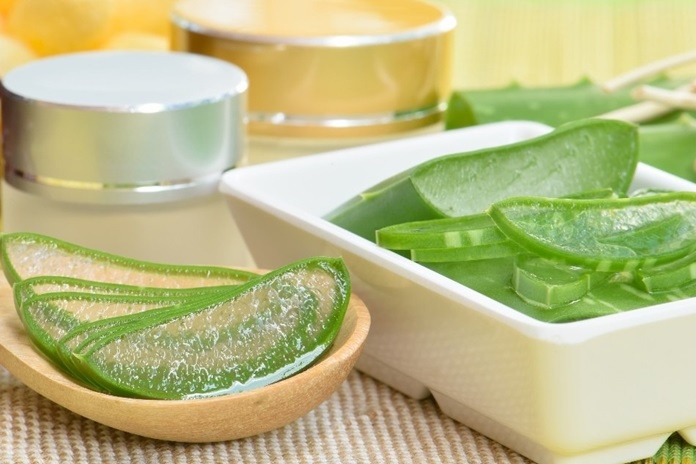Struggling with oily skin can be incredibly tough to deal with. The constant slick feeling and greasy complexion often lead to a variety of skin issues such as acne and clogged pores. However, you don’t have to feel helpless in the face of these challenges. We’ve carefully curated a comprehensive collection of proven remedies and expert tips that can help you regain control of your skin. Our goal with this guide is to offer valuable insights and effective solutions to those struggling with unwanted shine and grease.
What Causes Oily Skin?
Understanding the deeper into the causes of factors behind oily skin:
- Our genetic makeup plays a significant role in determining our skin type. If oily skin runs in the family, there’s a strong likelihood of inheriting it due to genetic influences on sebaceous gland size and activity.
- Androgens, specifically testosterone, trigger sebum production, contributing to oily skin. This association explains why oily skin is prevalent during puberty and why some women experience heightened oiliness during specific hormonal phases such as menstruation or pregnancy.
- – Consumption of high-glycemic foods can spike blood sugar levels, leading to increased inflammation and sebum production. Some research suggests that certain individuals may experience aggravated acne from dairy products, particularly skim milk.
- Hot and humid environments promote the mingling of sweat and sebum on the skin’s surface, resulting in a noticeable sheen. Conversely, in cold and dry climates, the skin may escalate oil production to guard against dehydration.
- Stress prompts the body to generate more cortisol, which can elevate oil production. Furthermore, stress can exacerbate skin conditions like acne, which are frequently linked to oily skin.
- Harsh skincare products can deplete the skin’s natural oils, prompting it to compensate by producing more oil. Similarly, neglecting to moisturize can lead to skin dehydration, inciting the overproduction of oil as a protective mechanism.
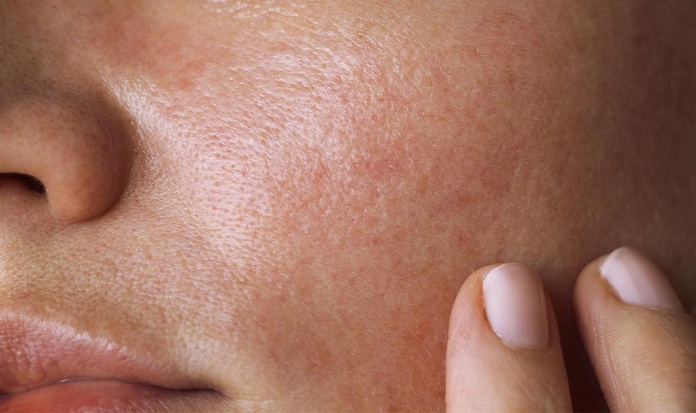
Top 13 Oily Skin Remedies
When it comes to skincare, there are several effective ingredients and products to address oily skin and prevent acne. Here are some key tips and products to keep in mind:
1. Clay Masks: Clay masks containing bentonite and kaolin clays work by extracting impurities and soaking up excess oil from the skin. It’s best to use them once or twice a week for best results. However, be cautious not to let the mask completely dry, as this can lead to excessive dehydration of the skin.
2. Niacinamide: This variant of vitamin B3 not only helps control sebum but also enhances skin barrier function, reduces inflammation, and promotes a more even skin tone. Look for products containing 2-5% niacinamide for optimal benefits.
3. Salicylic Acid: An oil-soluble acid, salicylic acid deeply penetrates pores and exfoliates from within. It is particularly effective for preventing and treating acne. Start with a lower concentration (0.5-1%) and gradually increase if necessary.
4. Green Tea: Rich in polyphenols, green tea possesses anti-inflammatory and antioxidant properties. You can use products infused with green tea or apply cooled green tea directly to your skin.
5. Tea Tree Oil: Known for its antimicrobial properties, tea tree oil can help combat acne-causing bacteria. However, it’s important to dilute it before application, as full-strength tea tree oil can be irritating to the skin.
6. Blotting Papers: These thin sheets, usually made of rice paper, absorb excess oil without disturbing makeup. Gently press onto oily areas to prevent the spread of oil and bacteria.
7. Hyaluronic Acid: As a humectant, hyaluronic acid attracts moisture to the skin, providing hydration without feeling heavy. It is suitable for all skin types, including oily skin.
8. Retinoids: Derivatives of vitamin A, retinoids boost cell turnover, unclog pores, and regulate sebum production. Start with over-the-counter retinol and gradually progress to prescription strength if necessary.
9. Witch Hazel: This natural astringent contains tannins that have a gentle drying effect. Opt for alcohol-free versions to prevent excessive drying.
10. Aloe Vera: Aside from its soothing properties, aloe vera contains salicylic acid and sulfur, both of which are known for their sebum-regulating effects.
11. Charcoal: Particularly activated charcoal acts as a magnet to draw out impurities and excess oil from the skin’s surface.
12. Glycolic Acid: As an alpha-hydroxy acid, glycolic acid exfoliates the skin’s surface, diminishing the appearance of pores and controlling oil production.
13. Oil-Free, Non-Comedogenic Moisturizers: These moisturizers provide essential hydration without clogging pores. Look for ingredients like hyaluronic acid, glycerin, or squalane in your moisturizer for best results.
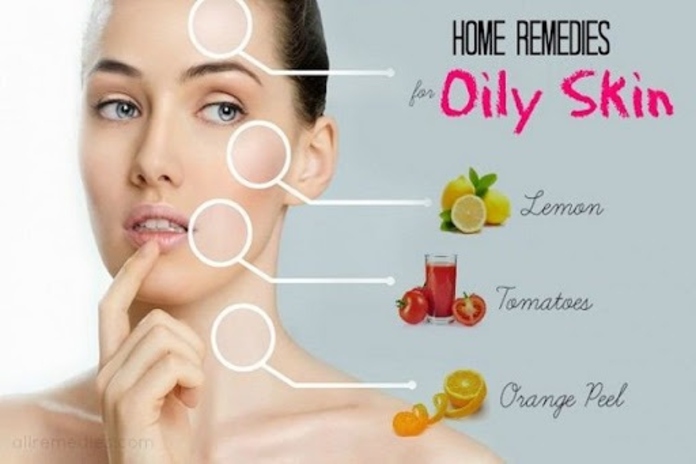
What To Avoid For Oily Skin
1. To maintain balanced skin, it’s best to avoid heavy, oil-based skincare products as they have the potential to clog pores and exacerbate oiliness. Instead, opt for lightweight, water-based formulas that provide hydration without feeling greasy on the skin.
2. When selecting a toner, it’s advisable to steer clear of alcohol-based ones. Although they may initially create a matte appearance, prolonged use can strip the skin of its natural oils, increasing oil production over time.
3. It’s important to be mindful of how often you exfoliate. Over-exfoliating can irritate and may stimulate the skin to produce more oil. Limiting physical exfoliation to 1-2 times a week is recommended to avoid potential skin sensitivity and excessive oiliness.
4. Refrain from touching your face frequently as your hands can transfer bacteria and oil to your skin, potentially resulting in breakouts and skin irritation.
5. Even if you have oily skin, it’s essential not to skip moisturizer. Depriving the skin of moisture can lead to dehydration, prompting the skin to overcompensate by producing more oil. Look for non-greasy, oil-free moisturizers to keep the skin well-hydrated.
6. Opt for lukewarm water instead of hot water when cleansing your skin. Hot water can strip the skin of its natural oils, leading to potential irritation and increased oil production.
7. It’s crucial to remove makeup before going to bed. Sleeping with makeup on can clog pores and contribute to breakouts.
8. Although the impact of diet on skin can vary from person to person, many individuals find that reducing the consumption of excessively sugary and greasy foods can help manage oily skin. It’s beneficial to be mindful of your diet and its potential effects on your skin’s oil levels.
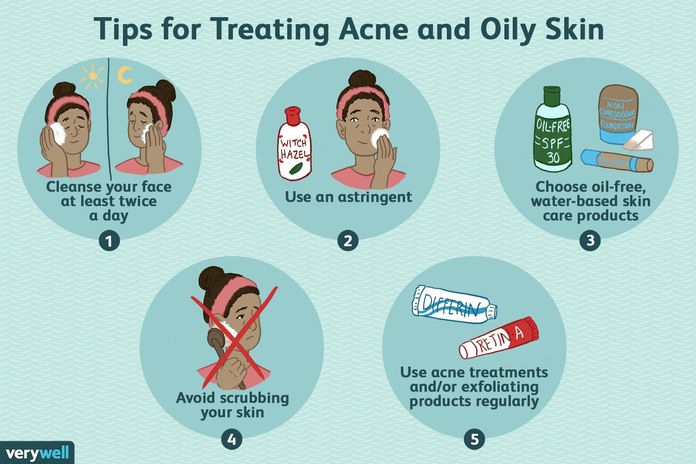
Skin Care Tips To Manage Excess Oil On Skin
Remember the following advice for managing oily skin:
- Begin with an oil-based cleanser to eliminate makeup and sunscreen, then use a water-based cleanser to get rid of any remaining impurities.
- Apply a clay mask once or twice weekly to absorb excess oil and clear out pores.
- Ponder using a facial oil – despite seeming counterintuitive, some lightweight oils (like jojoba or squalane) can help regulate oil production.
- Utilize non-comedogenic sunscreen for crucial sun protection, opting for a lightweight, oil-free formula to prevent pore clogging.
- Experiment with multi-masking by applying different masks to various areas of the face based on their specific needs.
- Integrate AHAs or BHAs into your routine, as these chemical exfoliants can assist in controlling oil production and preventing clogged pores.
- Exercise patience with new products and allow at least 4-6 weeks to see results unless you experience irritation.
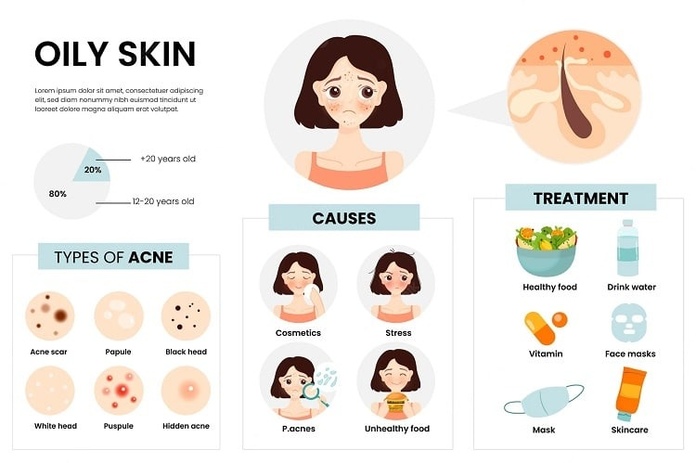
source- ayu. health
Ideal Skin Care Products for Oily Skin
As previously mentioned, I don’t have access to current product information or the ability to recommend specific brands. Nonetheless, when selecting products for oily skin, look for these significant ingredients:
- Salicylic acid
- Niacinamide
- Hyaluronic acid
- Green tea extract
- Clay (in masks)
- Retinol (for nighttime use)
- Glycolic acid
- Zinc
Always perform a patch test for new products and introduce them one at a time to monitor how your skin reacts.
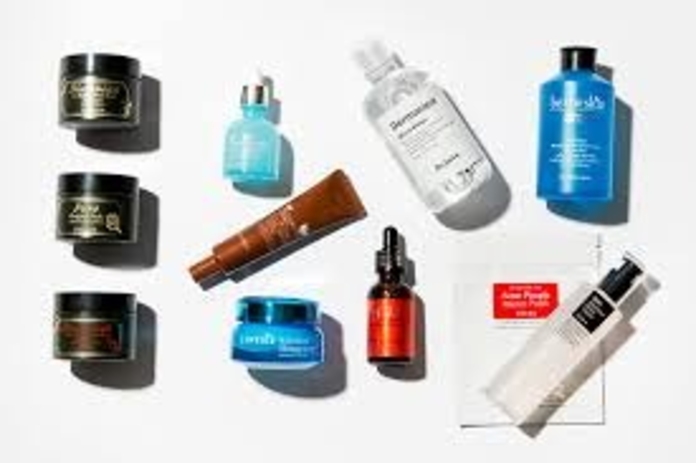
Conclusion
Effort and consistency are crucial when it comes to managing oily skin. It’s important to understand that what works for one person may not work for another. Therefore, experimenting with different products and methods is essential. Additionally, it’s worth noting that oily skin has its advantages – it tends to age more slowly and develop fewer wrinkles than dry skin.
If you find that store-bought products and home remedies aren’t effectively managing your oily skin or if you’re dealing with severe acne, it’s important to seek advice from a dermatologist. They can provide personalized recommendations and, if necessary, prescribe stronger treatments.
Finally, it’s important to embrace your skin type. With a proper skincare routine, oily skin can be healthy, clear, and radiant. It’s best to focus on overall skin health rather than trying to eliminate oil since it is a natural and essential component of healthy skin.
FAQ
Is it possible to permanently treat oily skin?
Oily skin is a skin type, not a condition, so it cannot be “cured.” However, appropriate skincare and lifestyle changes can effectively manage it. As you get older, your skin may naturally become less oily.
How frequently should I cleanse my face if I have oily skin?
It is generally recommended to cleanse twice a day – once in the morning and once before bed. Excessive washing can strip the skin and lead to increased oil production.
Do I need to use a moisturizer for oily skin?
Yes, oily skin also requires hydration. Use a lightweight, oil-free moisturizer to maintain skin balance and prevent excessive oil production caused by dehydration.
Can diet impact oily skin?
While the relationship between diet and skin health is intricate and varies among individuals, some studies suggest that a low-glycemic diet rich in fruits, vegetables, and lean proteins may help enhance skin health, including oil production.
Are there any natural solutions for oily skin?
Certainly, natural remedies such as clay masks, green tea, and aloe vera can help control oily skin. However, their effectiveness may differ, and they should be used alongside a consistent skincare routine.
How can I extend the longevity of my makeup on oily skin?
Begin with a mattifying primer, utilize an oil-free, long-lasting foundation, set it with a lightweight setting powder, and carry blotting papers for touch-ups throughout the day.
Can oily skin become dehydrated?
Oily skin can experience dehydration. Dehydrated skin lacks water, while oily skin has excessive oil. It’s conceivable to have both oily and dehydrated skin at the same time.
Also, read more about Lalisa Manobal’s Fitness Routine: Unraveling the Key to BLACKPINK’s Maknae’s Healthy Glow.
